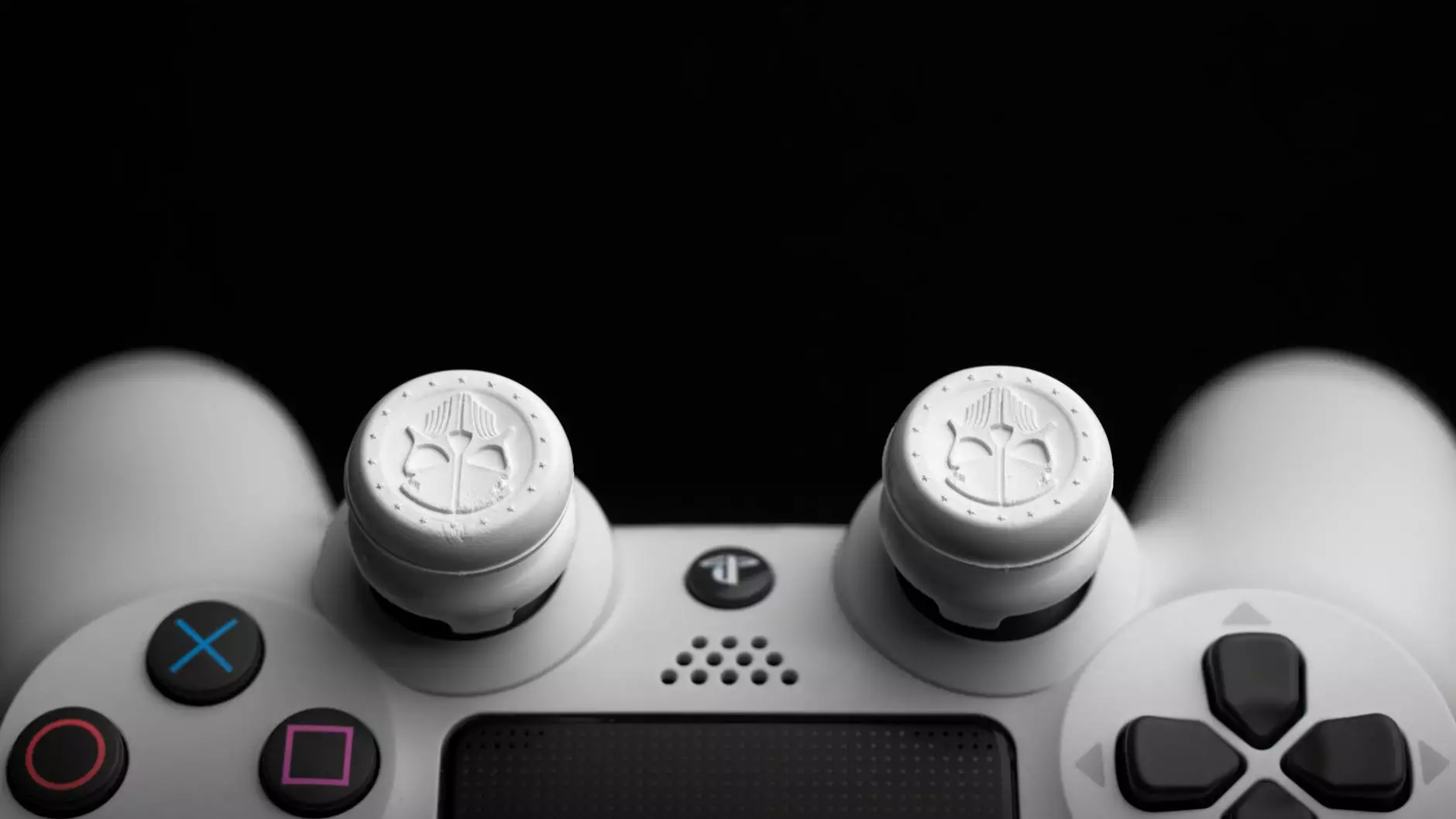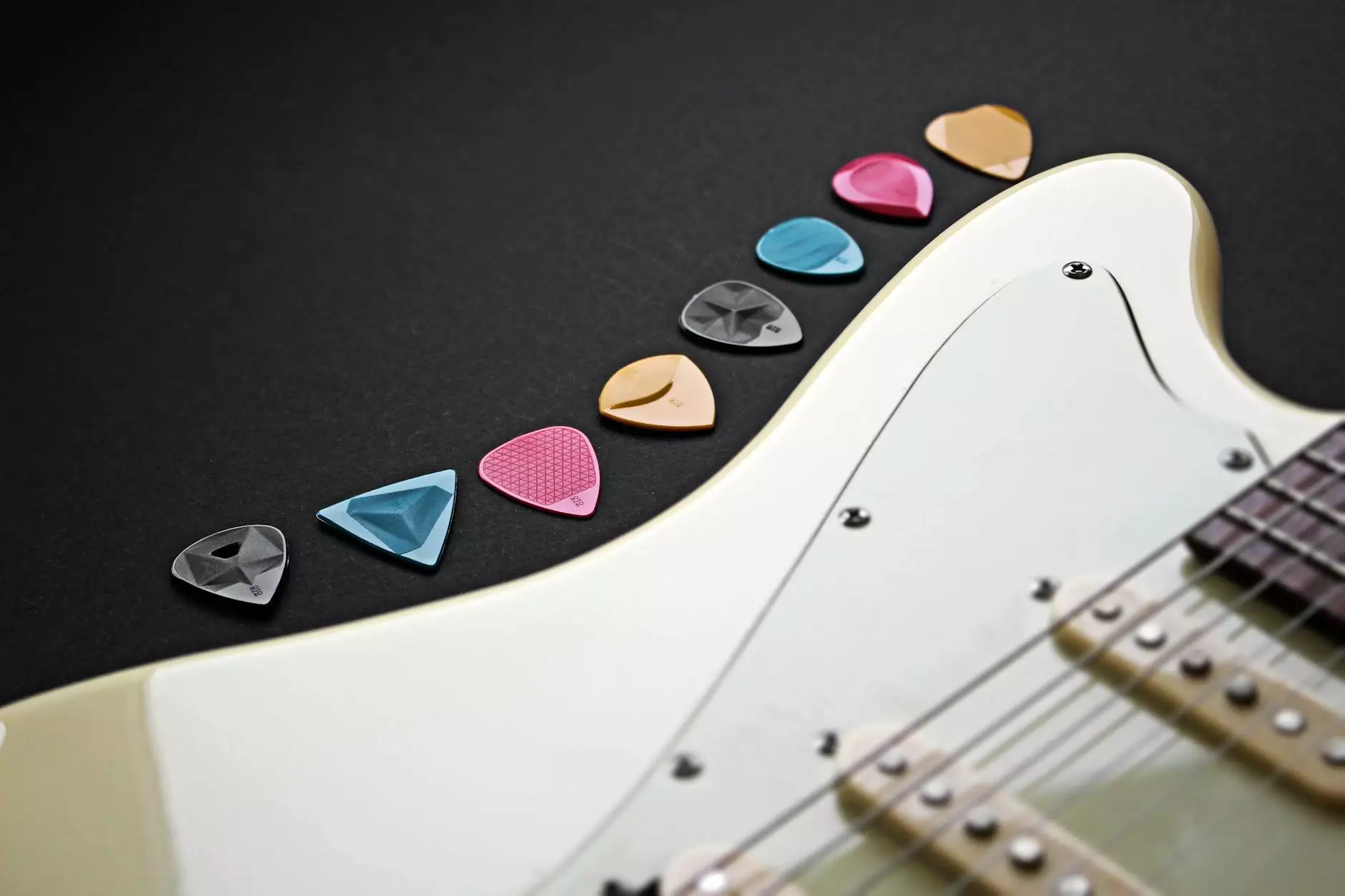The Ultimate Guide to Diving Equipment: Enhance Your Underwater Adventure

Diving equipment is an essential component of any successful underwater adventure. As you prepare to explore the fascinating underwater world, understanding the various types of diving gear available is crucial to ensuring your safety and enjoyment. This comprehensive guide will delve into the different categories of diving equipment, tips for selection, and much more to help you make the most of your dive experiences.
Understanding the Importance of Diving Equipment
Diving equipment is designed to provide divers with the necessary tools for safe and comfortable exploration beneath the waves. Whether you are a beginner or an experienced diver, choosing the right equipment can make all the difference in your diving experience. Here are some reasons why quality diving equipment is vital:
- Safety: Proper equipment helps prevent accidents and injuries.
- Comfort: The right gear ensures that you can move freely and comfortably underwater.
- Performance: High-quality diving equipment enhances your experience by improving your buoyancy and mobility.
- Enjoyment: The right gear allows you to focus on enjoying the beauty of the underwater environment.
Types of Diving Equipment
The world of diving equipment is vast and varied. Below, we break down the main categories of diving gear, providing details on each type to help you make informed choices.
1. Personal Diving Gear
Personal diving gear is essential for every diver. This category includes items that each diver wears to ensure their safety and comfort.
- Wetsuits: Wetsuits provide thermal protection and buoyancy. They're available in various thicknesses, so choosing one that suits the water temperature is important.
- Dry Suits: For colder waters, dry suits keep you completely dry while providing insulation. These suits are more complex and require additional training.
- Boots and Gloves: These items protect your extremities from cold water and sharp corals or rocks.
- Mask and Snorkel: A good-fitting mask is crucial for visibility underwater, while a snorkel allows for breathability at the surface.
- Fins: Fins help you swim more efficiently by providing thrust with each kick. Choose between open-heel or full-foot fins based on your comfort and environment.
2. Breathing Apparatus
A significant aspect of diving equipment is the breathing apparatus. This category includes:
- Compressed Air Tanks: These tanks provide the air you need to breathe underwater. Understanding how to select and maintain your tank is critical for safety.
- Regulators: The regulator helps you breathe from the tank safely and efficiently. Dual-regulator systems are often recommended for reliability.
- Bouyancy Control Devices (BCDs): Essential for maintaining your desired depth, BCDs allow you to add or release air, promoting better buoyancy control.
3. Diving Accessories
In addition to personal gear and breathing apparatus, several accessories can enhance your diving experience:
- Underwater Camera: Capture the beauty of marine life and underwater landscapes with a quality underwater camera.
- Dive Computer: Provides critical information such as depth, time, and decompression limits, helping ensure your safety.
- Surface Marker Buoy (SMB): Used to signal to boats at the surface where you are, improving safety during your dive.
- Underwater Compass: Essential for navigation, particularly in open waters or complex dive sites.
Choosing the Right Equipment
With so much diving equipment available, making the right choices can feel overwhelming. Here are some tips to guide your selection process:
1. Assess Your Diving Level
Your experience level plays a crucial role in choosing diving equipment. Beginners may need more straightforward gear, whereas experienced divers might require specialized equipment for advanced dives.
2. Consider Diving Conditions
Analyze the environments in which you’ll be diving. Tropical conditions will differ from cold-water diving. Your gear should be appropriate for the temperatures and conditions you will encounter.
3. Budget Wisely
Quality diving equipment can vary widely in price. While investing in quality gear is essential, it’s important to find a balance between cost and quality. Consider shopping for used gear from reputable sources, as many divers sell their equipment in excellent condition.
4. Research and Reviews
Do thorough research on brands and models you are considering. Reading reviews from other divers can provide valuable insights into the performance and reliability of the equipment.









